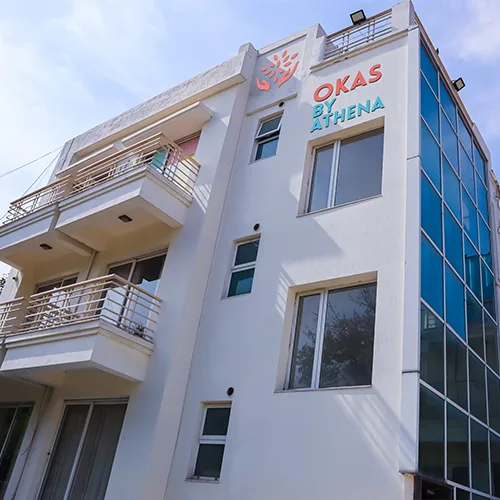How Athena Diagnoses and Treats Bipolar Disorder?
Bipolar disorder psychiatrists at Athena Behavioral Health try to look for proper symptoms to diagnose and assess the severity of mental health disorders. We also use specific diagnostic tools to better understand the disorder and develop a personalised treatment plan. A few of the many symptoms of bipolar disorder that we look for as a part of providing the different types of treatment for bipolar disorder include:
-
Changes in Sleep Pattern
-
Frequent Changes in One’s Energy level
-
-
Frequent Changes in One’s Mood
-
Licensed Psychologists and Therapists
-
Changed Concentration Level in Daily Activities
- Suicidal Ideation or Extreme Risk-taking Behaviour
It is important that one seeks support from psychiologist for bipolar disorder treatment in India for proper evaluation and refrain from self-diagnosis. Look for bipolar disorder treatment near me in India to better manage the symptoms and improve one’s well-being by achieving one’s mental health goals.
Choose Athena for Bipolar Disorder Treatment
At Bipolar Disorder Treatment Near Me, we understand that each individual has a different experience with bipolar disorder. Our team of expert psychologists for bipolar disorder, therapists and mental health professionals works with you to make a treatment plan effective for you, whether you are in Gurgaon, Delhi NCR, or anywhere in India. We provide various services, including therapy, medication management, and ongoing support to help you manage symptoms and improve your quality of life. We are proud to offer a variety of services for bipolar disorder, such as:
-
Family Focused Therapy
-
Medication Management
-
24/7 Support By The Best Therapists
-
Personalized Therapy





















